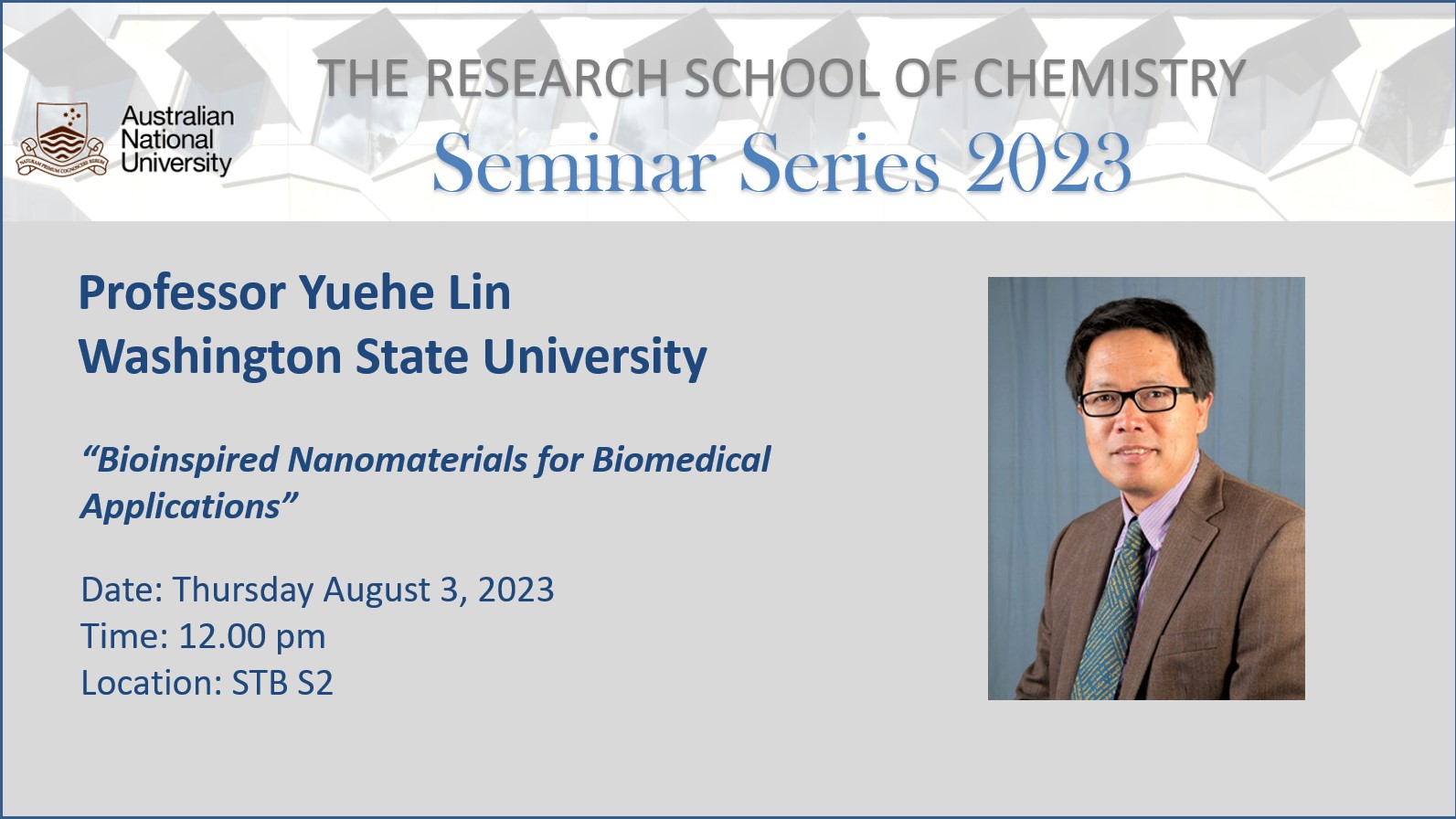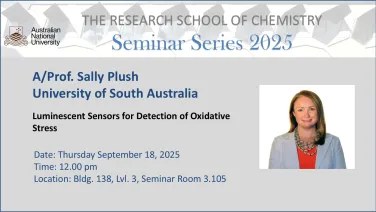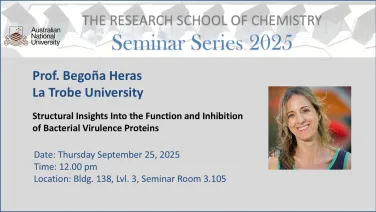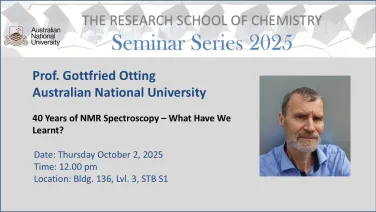RSC School Seminar - Professor Yuehe Lin (Washington State University)
Title: Bioinspired Nanomaterials for Biomedical Applications
Speakers
Event series
Content navigation
Description

Bioinspired Nanomaterials for Biomedical Applications
In recent years, nanotechnology has revolutionized biosensing, bioimaging, and drug delivery applications. Initially, our research group focused on utilizing inorganic nanomaterials, including quantum dots, carbon nanotubes, and graphene, for biomedical purposes. However, growing concerns about the potential human toxicity associated with these materials have compelled us to explore biocompatible and non-toxic alternatives.
In this seminar, I will present our transition toward the utilization of biocompatible materials in biomedical applications. Our journey commenced with the use of natural nanomaterials, such as protein cages, as templates for the creation of various nanomaterials suitable for drug delivery and bioimaging. Drawing inspiration from biological principles, we gradually progressed from employing biological materials directly to designing and developing novel biomimetic materials, particularly peptoids.
Peptoids are sequence-defined peptide-like synthetic polymers that closely mimic the structure and function of peptides and proteins. Notably, peptoids offer distinct advantages over their natural counterparts. They exhibit a high degree of thermal and chemical stability, as well as resistance to proteolytic degradation. Furthermore, the absence of intramolecular and intermolecular backbone hydrogen bond donors enables precise control over peptoid-peptoid and peptoid-substrate interactions, facilitating the bio-inspired synthesis of nanomaterials.
As peptide mimics, peptoids are biocompatible and non-toxic. My research group and collaborators have successfully synthesized various nano-peptoids by designing and synthesizing monomers with polar and hydrophobic functional groups. These nano-peptoids can be readily processed into desired shapes through self-assembly, such as dendritic structures, nanosheets, nanotubes, and vesicles. This tunability enhances cell targeting and uptake, making them promising candidates for various biomedical applications.
During the seminar, I will discuss the exciting applications of nano-peptoids in cell imaging, single particle tracking, and cancer theranostics. The unique properties of nano-peptoids, coupled with their biocompatibility and precise control over interactions, offer great potential for advancing biomedicine and healthcare. The seminar will shed light on the remarkable progress made in the field of biomimetic nanomaterials and highlight their transformative impact on biosensing, cellular imaging, and cancer therapeutics.
Location
STB S2, Building 136



